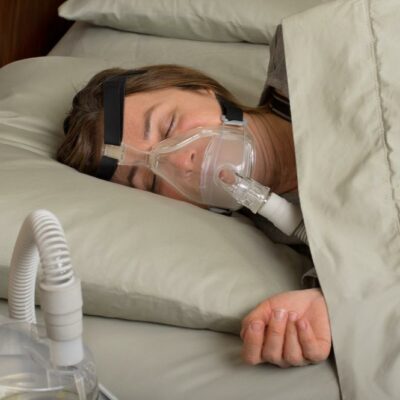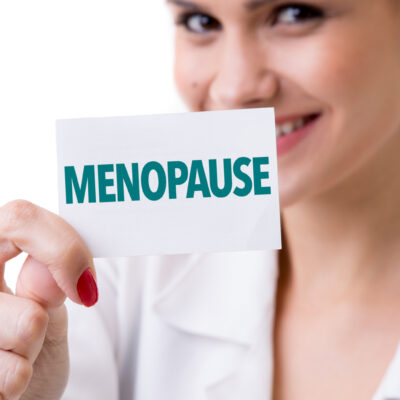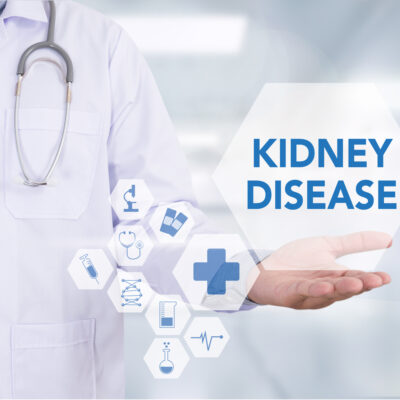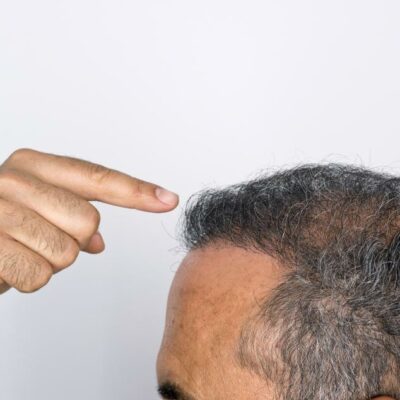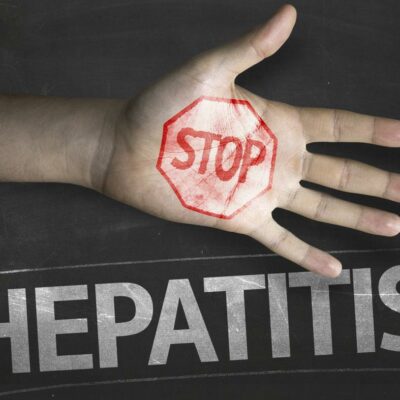
Health
Signs and Symptoms of Hepatitis C
Hearing the words “hepatitis c” creates a cringe within many, whether or not those who hear it know the full effects. Hep C virus HCV is a liver infection that can lead to severe liver damage. Surprisingly, about 3.9 million people in the US have this infection, but many may not know it. This is because the disease causes few symptoms, some being more extreme, and others being able to hide in daily pain. Here are signs and symptoms of hepatitis c for your reference. Most minor symptoms can last anywhere within the range of 2-12 weeks: 1. Clay colored stool or dark urine One of the most visible symptoms of hepatitis c is the discoloration of the human excrement. Poo will become a strange, fake looking color that represents clay instead of stool. Urine will also become discolored, becoming a very dark shade of yellow. A sign that there are a lot more toxins being processed through your system. 2. Fever and fatigue Similar to the flu, hep c comes with a fever and fatigue that can lead to an exhaustion that will make day-to-day tasks difficult to finish. It’s common, with the fever, to feel like you are either always extremely cold, or burning hot.
Read More 


